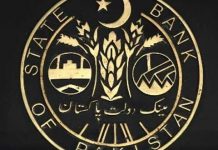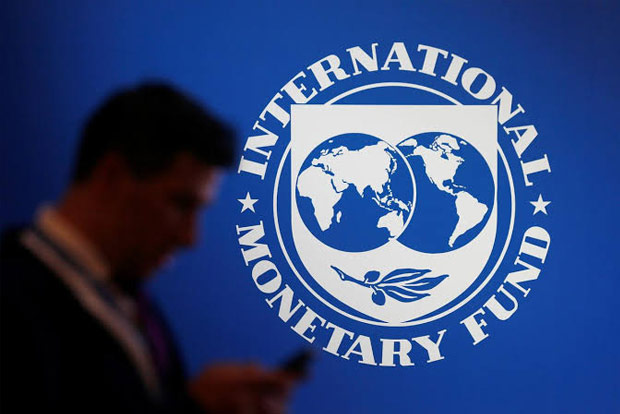The International Monetary Fund’s (IMF) Regional Director for the Middle East and Central Asia, Jihad Azour, is in Pakistan this week to meet with senior government officials, including Prime Minister Shehbaz Sharif and Finance Minister Muhammad Aurangzeb, as the two sides continue negotiations over the country’s budget for the upcoming fiscal year.
According to a news report, the visit, coming shortly after the IMF approved the second tranche of Pakistan’s $7 billion loan program, highlights the ongoing cooperation between Pakistan and the IMF, despite opposition from India. The exact purpose of Azour’s visit remains undisclosed, but it coincides with the IMF staff’s continued discussions with Pakistan on key budget-related issues for fiscal year 2025-26.
One of the major sticking points in the discussions is the IMF’s condition that Pakistan secure parliamentary approval of the new budget in line with the staff agreement, limiting the government’s flexibility in implementing its own agenda.
Prime Minister Sharif has expressed a desire to provide relief to the salaried class, but the IMF’s strict targets leave little room for such adjustments.
Sources indicate that the IMF has raised concerns over several aspects of the budget, including defense spending and tax targets. The federal government plans to allocate nearly Rs2.504 trillion for defense in the next fiscal year, marking an 18% increase over the current year’s allocation.
However, the IMF’s staff report indicated a smaller increase in defense spending, at 12%, while some grants and subsidies remain unresolved.
The Federal Board of Revenue (FBR) has also presented its tax proposals, with a target of Rs14.07 trillion for the next fiscal year. This figure is about Rs240 billion lower than the earlier target agreed upon by the IMF and the government. The government is also considering raising the petroleum levy to Rs100 per liter, which could generate over Rs1.3 trillion in non-tax revenue.
Despite these measures, there are concerns about the government’s ability to meet its revenue targets. The FBR’s failure to meet the IMF-set target of Rs36.7 billion from traders under the Tajir Dost Scheme has raised questions about its capacity to deliver on future tax goals.
PM Sharif has emphasized that providing relief to salaried individuals is a priority. While income tax relief and reductions in super tax rates have been proposed, the Prime Minister has indicated that these measures are insufficient, urging tax authorities to provide more substantial relief to workers.
In addition, the government is reviewing its approach to collecting taxes from retailers, with the IMF proposing a new target for the next fiscal year to address shortcomings in the Tajir Dost Scheme. The government and the IMF have agreed on a revised tax collection goal of Rs531 billion from retailers.























